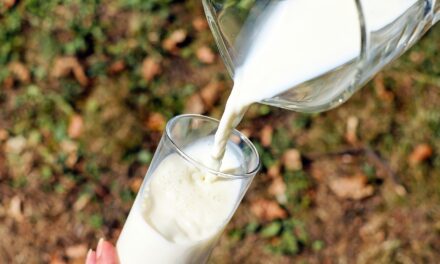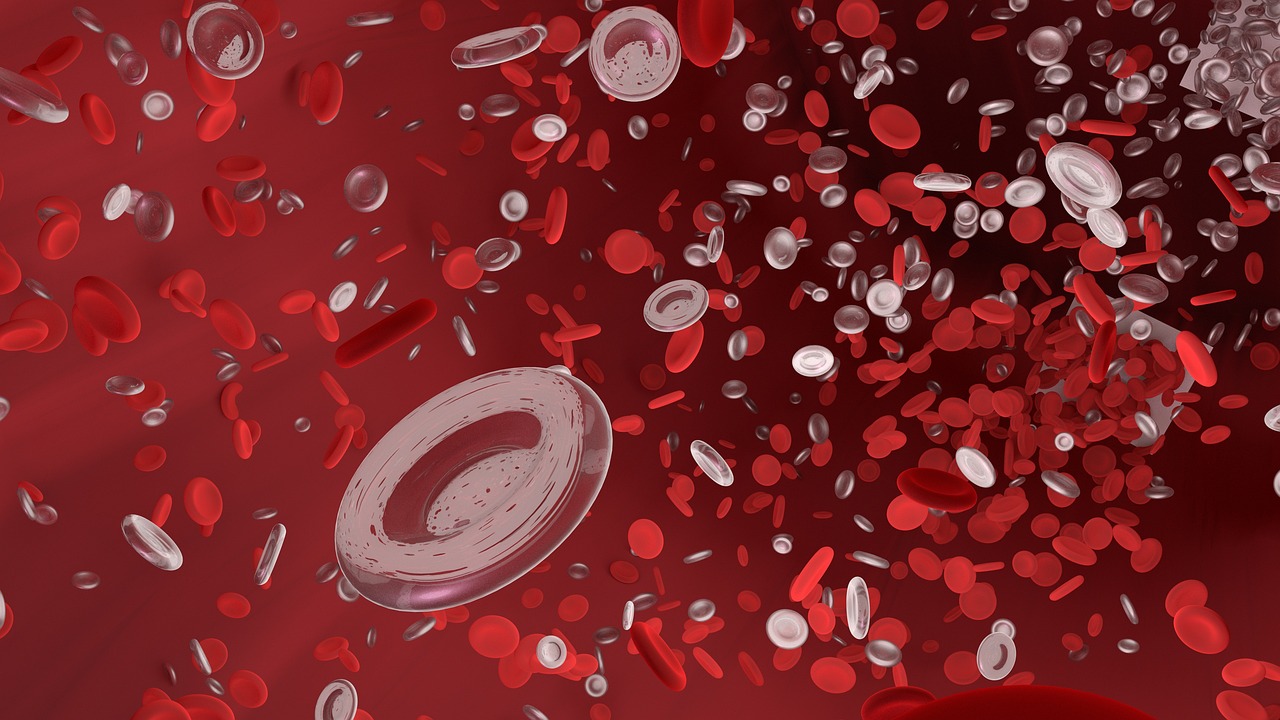Cholesterol is a waxy substance present in the blood that plays a critical role in the body’s functions, but when levels become too high, it can pose serious health risks, such as heart disease and stroke. While conventional medicine offers treatments to manage cholesterol, Ayurvedic medicine for cholesterol provides natural, holistic approaches to balance cholesterol levels, improve heart health, and promote overall well-being. In this article, we explore various Ayurvedic remedies, diet recommendations, and lifestyle changes to manage cholesterol naturally and effectively.
What is Cholesterol?
Cholesterol is categorized into two main types:
- Low-density lipoprotein (LDL) – Also known as “bad” cholesterol, high levels of LDL can lead to the build-up of plaque in the arteries, which increases the risk of heart disease and stroke.
- High-density lipoprotein (HDL) – Referred to as “good” cholesterol, HDL helps remove LDL from the bloodstream, reducing the risk of cardiovascular issues.
Maintaining a healthy balance of LDL and HDL is crucial for heart health. Ayurvedic medicine focuses on holistic approaches to manage cholesterol, emphasizing diet, herbal remedies, lifestyle adjustments, and detoxification to naturally balance cholesterol levels.
Ayurvedic Perspective on Cholesterol Imbalance
In Ayurveda, cholesterol imbalances are linked to disturbances in the doshas—Vata, Pitta, and Kapha. Ayurvedic practitioners believe that an aggravated Kapha dosha contributes to excessive cholesterol production and accumulation in the blood. An imbalanced Kapha can result in sluggish digestion and a build-up of Ama (toxins), which further exacerbates cholesterol-related problems.
The Ayurvedic approach to managing cholesterol involves reducing Kapha imbalance, promoting digestion, and detoxifying the body to eliminate Ama. This can be achieved through the use of Ayurvedic herbs, dietary modifications, and lifestyle changes.
Best Ayurvedic Medicine for Cholesterol
Ayurveda offers a wide range of herbal remedies that are known for their cholesterol-lowering properties. These herbs help balance cholesterol naturally, improve liver function, and enhance overall cardiovascular health. Below are some of the most effective Ayurvedic medicines for cholesterol:
- Arjuna (Terminalia Arjuna)
- How it helps: Arjuna is one of the most renowned Ayurvedic herbs for heart health. It helps lower LDL cholesterol, improves heart function, and strengthens the heart muscles. It also enhances circulation and prevents the build-up of plaque in the arteries.
- Usage: Arjuna powder or capsules can be taken with warm water or honey daily for effective results.
- Guggulu (Commiphora Mukul)
- How it helps: Guggulu is a powerful herb that helps reduce LDL cholesterol and triglycerides while promoting the increase of HDL cholesterol. It has anti-inflammatory properties and is effective in breaking down excess fat in the body.
- Usage: Guggulu can be taken in the form of a tablet, capsule, or powder under the guidance of an Ayurvedic practitioner.
- Triphala
- How it helps: Triphala, a blend of three fruits—Amla (Indian gooseberry), Haritaki, and Bibhitaki—supports digestion and detoxification. Amla, in particular, is rich in vitamin C and antioxidants, which help lower cholesterol levels and protect the heart.
- Usage: Triphala powder can be mixed with warm water and consumed daily to improve digestion and reduce cholesterol.
- Shilajit
- How it helps: Shilajit is a natural resin known for its rejuvenating properties. It enhances metabolism, supports the liver, and helps regulate cholesterol levels in the body.
- Usage: Shilajit is commonly available in tablet or resin form and should be taken as per the recommended dosage.
- Coriander Seeds (Coriandrum sativum)
- How it helps: Coriander seeds are commonly used in Ayurveda to lower cholesterol. They help reduce bad cholesterol and improve digestion, which is essential for eliminating toxins from the body.
- Usage: Boil coriander seeds in water, strain, and consume the water as a tea twice a day to reduce cholesterol levels.
- Turmeric (Curcuma Longa)
- How it helps: Turmeric contains curcumin, a compound with potent anti-inflammatory and antioxidant properties. It helps prevent the oxidation of cholesterol, thereby reducing plaque formation in arteries.
- Usage: Turmeric can be consumed in powdered form with warm water, milk, or in food. Turmeric supplements are also widely available.
- Fenugreek Seeds (Trigonella foenum-graecum)
- How it helps: Fenugreek seeds help lower cholesterol by reducing the absorption of cholesterol in the intestines and improving lipid metabolism. They also have anti-inflammatory properties that protect the heart.
- Usage: Soak fenugreek seeds overnight and consume them on an empty stomach, or take fenugreek supplements as directed.
Ayurvedic Diet for Lowering Cholesterol
In addition to herbal remedies, Ayurvedic medicine for cholesterol emphasizes a balanced diet to manage cholesterol levels and improve overall health. A diet that pacifies the Kapha dosha and enhances digestion is key to reducing cholesterol naturally.
Foods to Include:
- Fruits: Apples, pears, berries, and citrus fruits are rich in fiber and antioxidants, which help lower LDL cholesterol.
- Vegetables: Green leafy vegetables, broccoli, carrots, and spinach are excellent for heart health and reducing cholesterol.
- Whole grains: Barley, oats, and quinoa are rich in fiber, helping lower cholesterol and improve digestion.
- Healthy fats: Incorporate heart-healthy fats such as olive oil, ghee (clarified butter), and flaxseeds in your diet.
- Spices: Use cholesterol-lowering spices like turmeric, garlic, and ginger in your daily meals.
Foods to Avoid:
- Processed foods: Avoid foods high in trans fats, refined sugars, and processed oils, as they can raise LDL cholesterol levels.
- Dairy products: Limit the intake of heavy dairy products like cheese, butter, and cream, which can increase Kapha and cholesterol.
- Red meat: Reduce or avoid red meat, as it contains high levels of saturated fat, which can raise cholesterol levels.
Ayurvedic Lifestyle Recommendations
In Ayurveda, a balanced lifestyle is essential for managing cholesterol and promoting heart health. The following lifestyle modifications can help reduce cholesterol levels and maintain a healthy heart:
- Exercise Regularly: Engaging in regular physical activity, such as walking, yoga, or swimming, helps boost metabolism, reduce excess fat, and improve cardiovascular health. Yoga postures like Paschimottanasana, Bhujangasana, and Sarvangasana are particularly effective in improving heart health and lowering cholesterol.
- Detoxification: Ayurvedic detox methods such as Panchakarma and regular fasting help remove toxins (Ama) from the body, improving digestion and reducing cholesterol build-up. Consult an Ayurvedic practitioner for guidance on detox programs suited to your body type.
- Maintain a Routine: Following a daily routine (Dinacharya) that includes early rising, regular meals, and sufficient sleep supports overall well-being and prevents cholesterol imbalances. Avoid eating late at night, as this can disrupt digestion and increase Ama.
- Meditation and Stress Management: Chronic stress is a major contributor to high cholesterol levels. Incorporating stress-reducing practices such as meditation, pranayama (breathing exercises), and relaxation techniques can help balance the doshas and promote heart health.
Conclusion
Ayurvedic medicine for cholesterol provides a natural, holistic approach to managing and reducing cholesterol levels. Through the use of potent herbs, a heart-friendly diet, and lifestyle modifications, Ayurveda offers sustainable solutions for maintaining cardiovascular health. It’s important to consult with an Ayurvedic practitioner before starting any new treatment plan to ensure it’s tailored to your individual needs and dosha constitution.
By incorporating these Ayurvedic practices into your daily routine, you can effectively manage cholesterol levels, improve heart health, and enhance your overall well-being, all while avoiding the side effects of conventional medications.





